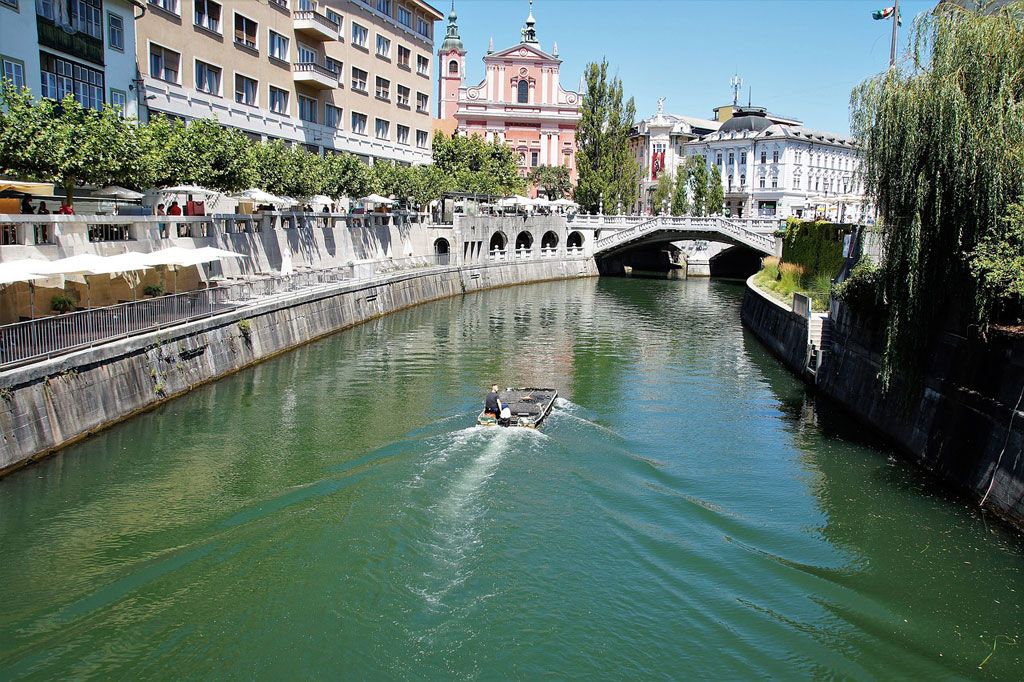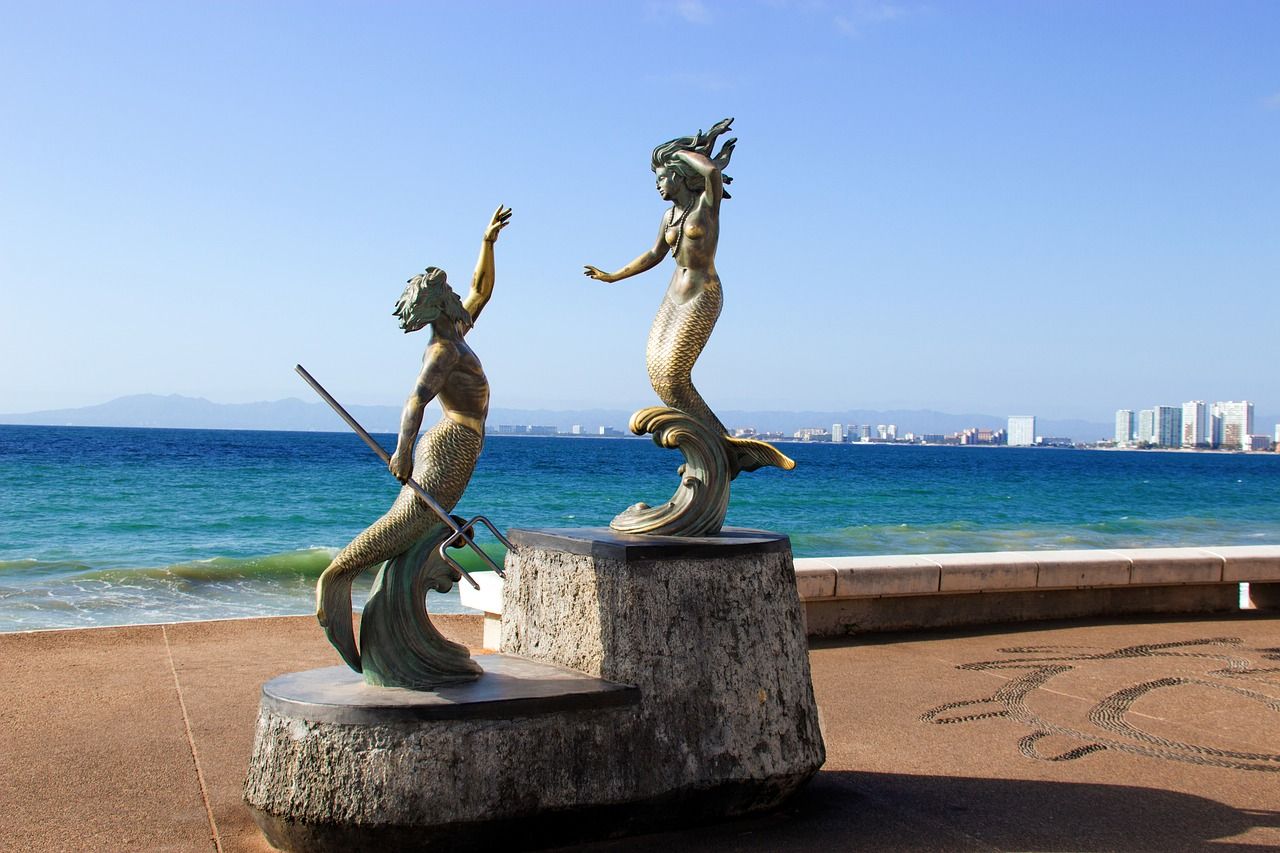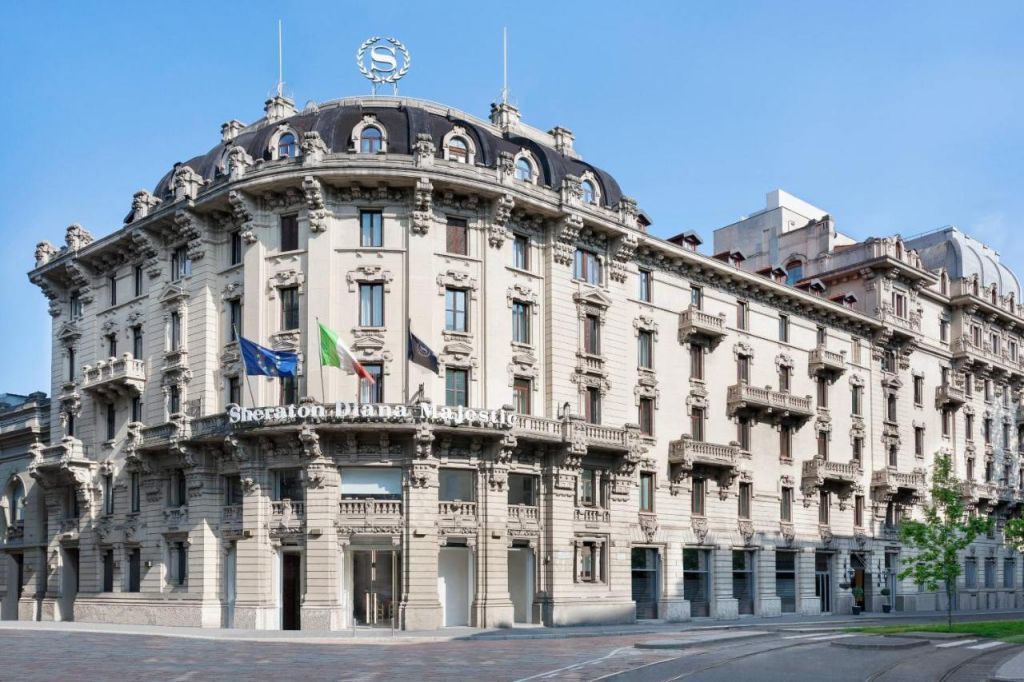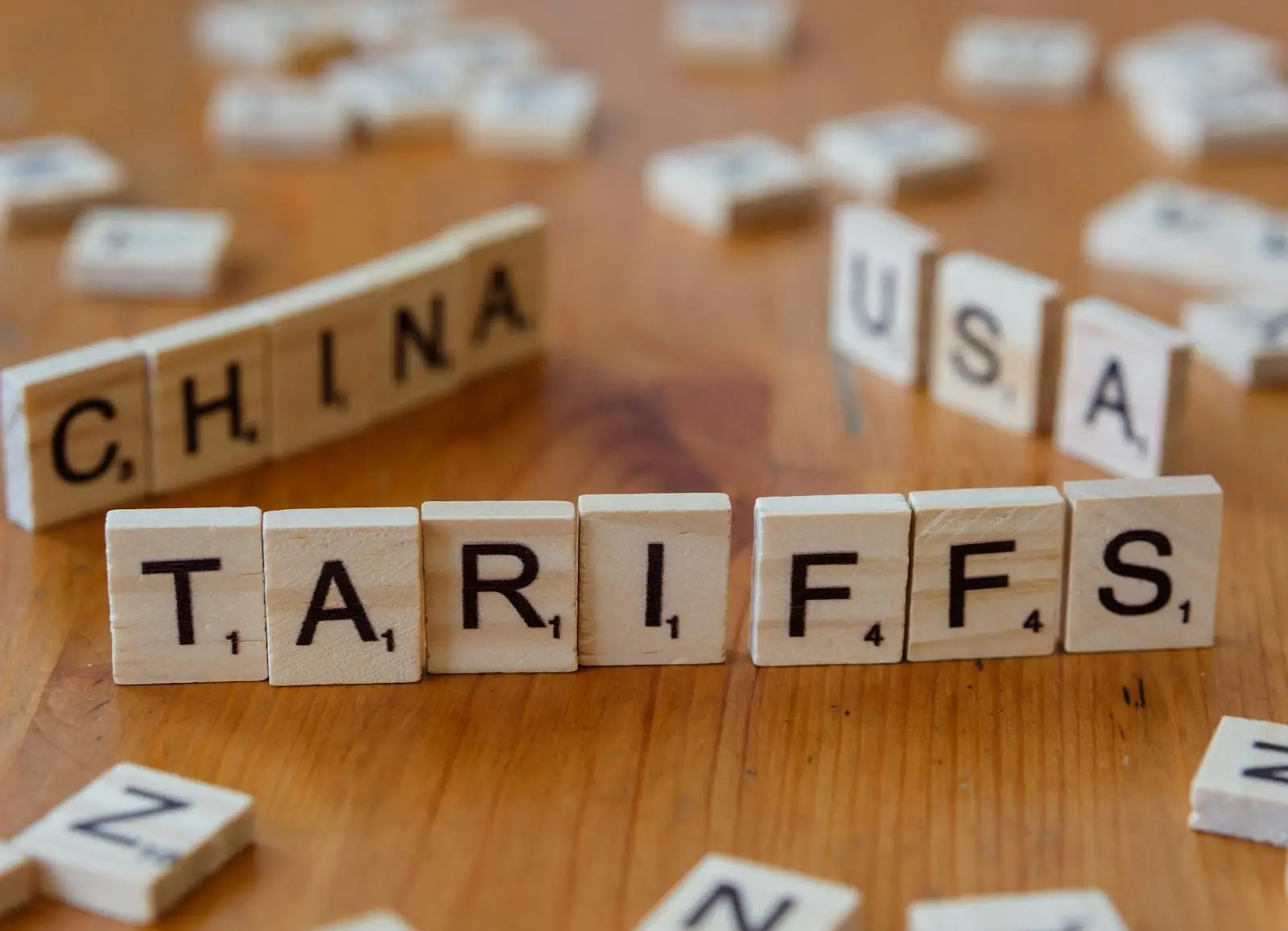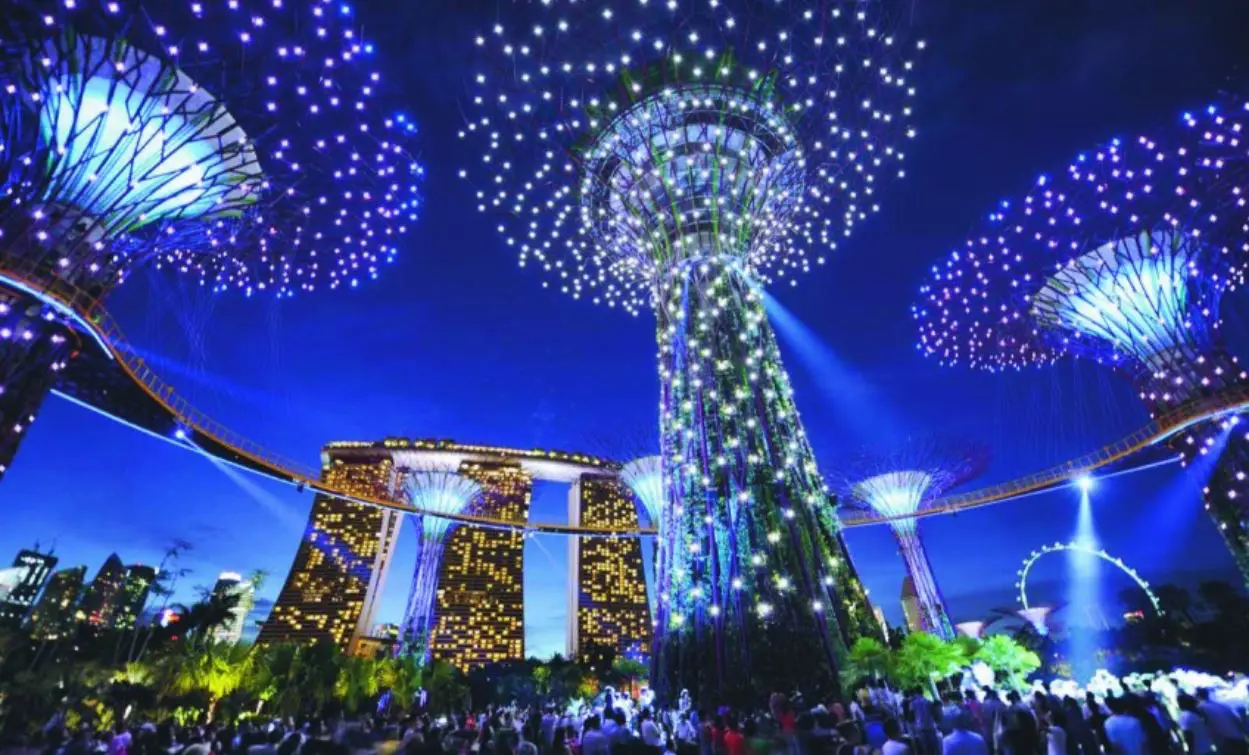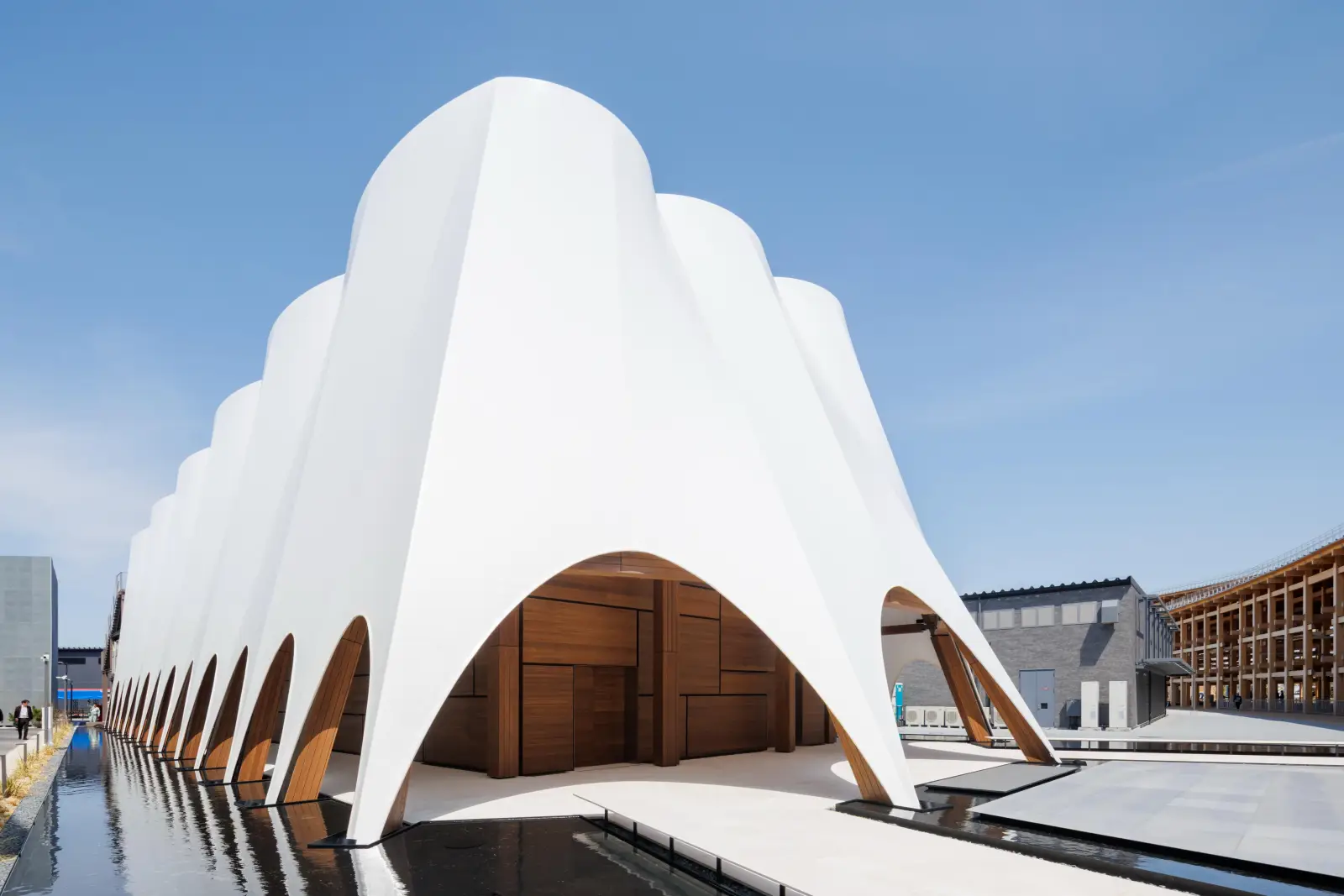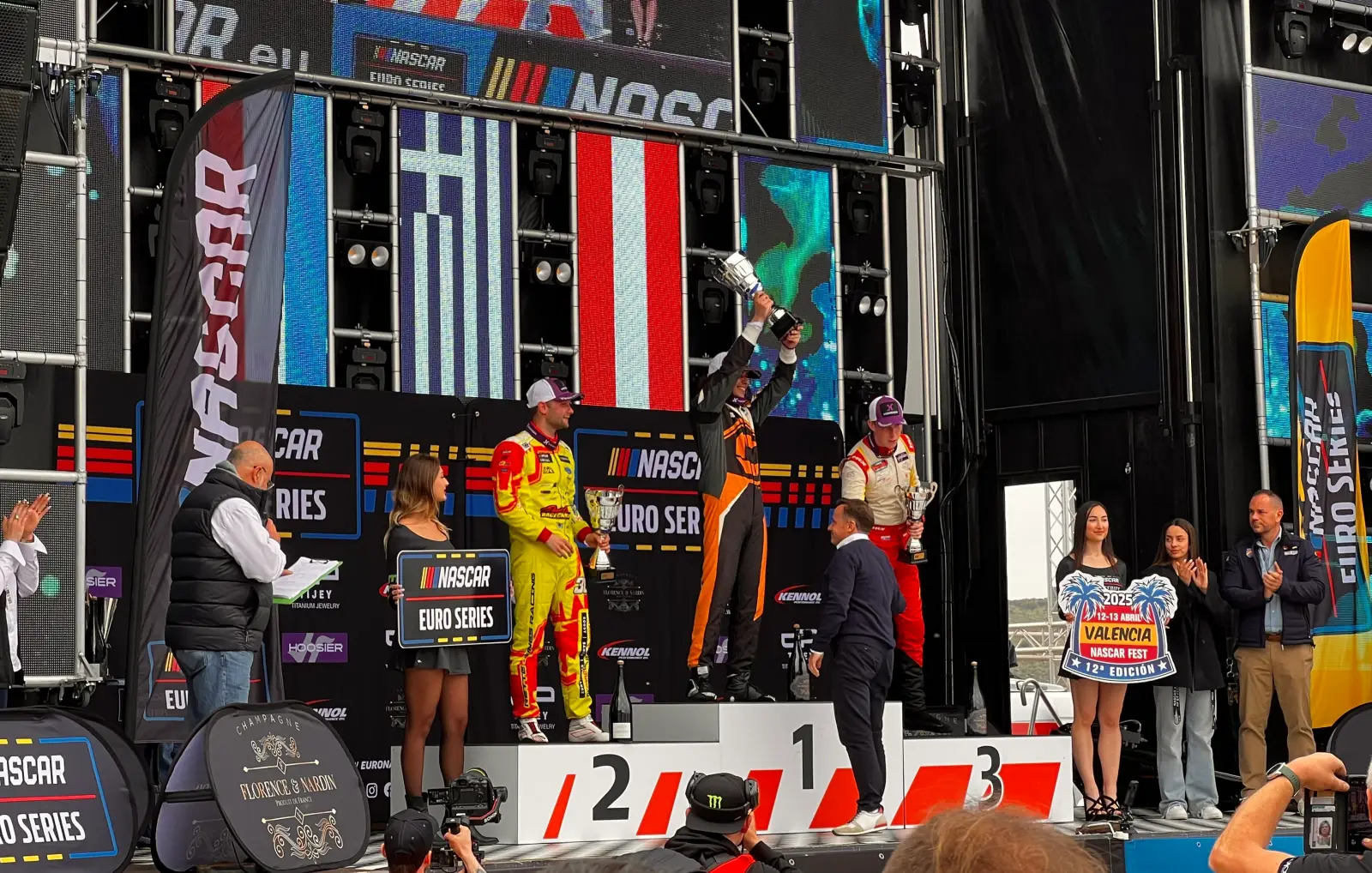The European Cities Marketing (ECM) Spring Meeting in February in Edinburgh enlightened how events can be a great way of manifesting cities to a global audience.
Together with record breaking 200 delegates from over 80 European cities they discussed both the successes and failures of some urban events’ organisation and learned interesting tips from their peers.
Edinburgh was chosen as the host of the ECM Spring Meeting following a successful bid which showcased its World Heritage and Festival City status. ECM recognised Edinburgh’s dedication to make cultural, sporting and business events a principal tactic in the city’s efforts to connect and communicate with the world.
The Conference was kicked off by co-moderators Laura Aalto, CEO of Helsinki Marketing and Peter Rømer Hansen, Founder and CEO of Rømer Agency and ECM Meetings facilitator. The conversation attendees have at ECM conferences are about how we can make our cities better for the people who live in the city, and how we can market and manifest our cities in a global world? Both questions should make public events centre of attention for the DMOs!
An interesting audience poll was made: what’s more important investing in and developing: “recurring smaller event that develops with the destination DNA at core”, or bidding to host “international mega-event on a global cycle of different host cities around the globe”? Not surprisingly, 90% of the audience was in favour of homegrown events.
THE VALUE OF EVENTS
Robert Govers, International Scholar, Lead Thinker and Author, explained how and why cities need to stage imaginative events that appeal to audiences’ dreams and signify the stuff that people identify with and talk about. “When creating an event, look at the sense of community and use it to create a unique event that can only happen in YOUR city!”. It is when cities use events in an imaginative way to reflect local identity and purpose – by creating something new, something extraordinary, memorable, distinctive and uniquely local – that they potentially add real long-term value to the city.
Julia Amour, Director, Festivals Edinburgh & Shona McCarthy, Chief Executive, Edinburgh Festival Fringe Society shared how thanks to its Festivals, Edinburgh emerged as a “city of culture”. And even if it’s been there for a long time these festivals are constantly evolving! (‘tap to tip’ technology for contactless payments for street performers for example…).
Helsinki based Alexander Pihlainen, former President of Slush clarified the goals of the world’s leading tech startup event and how it has gone global with 20,000 attendees from over 130 countries! A business event with transformative power building startup communities around the globe! It is trully a beacon example to follow for any destination working strategically with events.
Geraldine Knudson, CEO of München Tourismus then explained the importance of the Oktoberfest but also how Munich needs to go beyond this event because the city has way more to offer for the 50 others weeks of the year!
Leanne Buchan, Principal Officer for Culture & Sport for the Leeds City Council shared tips on how Leeds galvanises its communities to make sure the city’s story is told, during the world class cultural and sport events they host, and how they maximise the benefit for Leeds.
FESTIVAL OF FAILURES
The conference continued with a really interesting series of sessions on ‘festival of failures’ in event management:
We learned from Wonderful Copenhagen alumni, Peter Rømer Hansen and Emil Spangenberg, how Copenhagen was so unprepared for the 2014 Eurovision Song Contest – “it was like a train coming at us” and the repercussions the event had on the DMO. Lawsuits from the event being hosted in Copenhagen are still being settled but “what a show”. “It felt like a family being in grief,” said Spangenberg. The fallout left people with “stress and depression”.
Gothenburg’s nightmare on the 2017 equestrian event FEI European Championships was told by Camilla Nyman, former CEO of Göteborg & Co. The lesson here was to be very careful what you bid for! A story of “scientifically guaranteed sand” that made the budget galloped! “We destroyed our park… but it was worth it!”
Philippe Vignon, former CEO of Geneva Tourism sharing the how & the why behind the Fêtes de Genève financial hangover that led to his departure from the organisation. Is alignment between politics & operational tourism possible? Good question! But in that case, it wasn’t.
These three sessions reminded the attendees of a popular Nelson Mandela quote: “I never lose. I either win or learn”.
MAKE YOUR DESTINATION A GOAL FOR VISITORS
For Ulrik Ørum-Petersen from Live Nation, the challenge is to create festivals where people want to come back and/or tell their friends to come, and for the Copenhell and Heartland festivals it’s definitely working!
Marina Wollheim Araoz from Propaganda GEM tells it, Cities, like brands, must compete with one another on the global stage. And a successful placement in a movie/tv show requires your city to become an actor in the film. “In a movie, you see the city in the way the city wants to communicate itself. You have control on the message, you choose how your city is viewed in pop culture. You want to be the city where people dream to go to!”. It’s a good medium for destinations who want/need to change their image.
Joe Basić explained the impacts (social media coverage, economic impact…) for Split of the Ultra Europe festival (the largest international event in Croatia) that brought +120 000 people from more than 140 countries all over the world to such a small city.
Patrick Roubroeks from XSAGA (a brand staging event company) clarified an important point: It’s not about entertaining people, it’s about engaging them through living communication that makes them want to be involved. “Successful brands are based on long-term emotional communication”.
Participants also got the latest from experts in the Meetings Industry, Tourism and City Marketing out of cities and region such as Ghent, Gotland, Malmö, Rotterdam, Salzburg, San Sebastian and Valencia but also from ECM Partners like MODUL University Vienna, TCI Research and Tourism Economics. From “classical music events” to “running events”, through “cultural festivals”, “political event” and “events linked to charity” what the attendees brought home is the importance of branding events in a way that these events couldn’t happen anywhere else but the city they were created in. Signature events, city’s DNA and communities were really at the core of all the discussions.
As a note to the Spring Meeting, Dieter Hardt-Stremayr, European Cities Marketing’s President, said: “European Cities Marketing is all about sharing, inspiring and connecting. Events are a great way of manifesting cities to a global audience and attendees heard about the successes and failures of event whether they were global events or homegrown ones. Getting useful tips from their colleagues on the “dos” and “don’ts” of bidding and event organisation. We look forward to the next conference which promises to be as interesting as this one!”
The next ECM conference will take place in Ljubljana on June 5-8, 2019. The theme of the event will be “Tomorrow Today”. More information and registration will be available soon on www.europeancitiesmarketing.com. Meanwhile, you can book your room in Ljubljana and save

